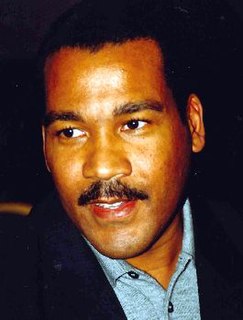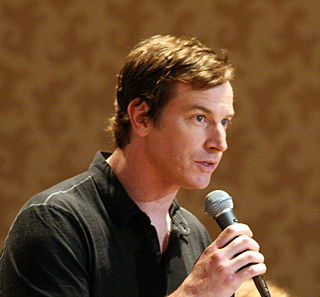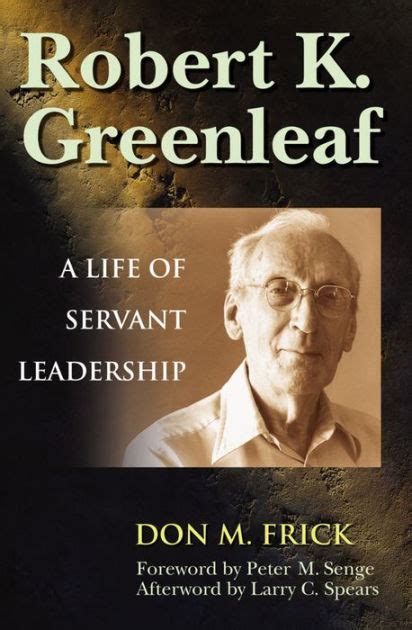A Quote by Peter Drucker
The 1st question the effective decision-maker asks is: 'Is this a generic situation or an exception?'
Related Quotes
On some positions, cowardice asks the question, is it expedient? And then expedience comes along and asks the question, is it politic? Vanity asks the question, is it popular? Conscience asks the question, is it right? There comes a time when one must take the position that is neither safe nor politic nor popular, but he must do it because conscience tells him it is right.
Cowardice asks the question, is it safe? Expediency asks the question, is it politic? Vanity asks the question, is it popular? But conscience asks the question, is it right? And there comes a time when one must take a position that is neither safe, nor politic, nor popular, but one must take it because it is right.
So when somebody asks me to make a decision about a situation, I don't offer a solution, I ask a question: What are our options? Give me the good, give me the bad, give me the pretty, give me the ugly, give me the impossible, give me the possible, give me the convenient, give me the inconvenient. Give me the options. All I want are options. And once I have all the options before me, then I comfortably and confidently make my decision.
































